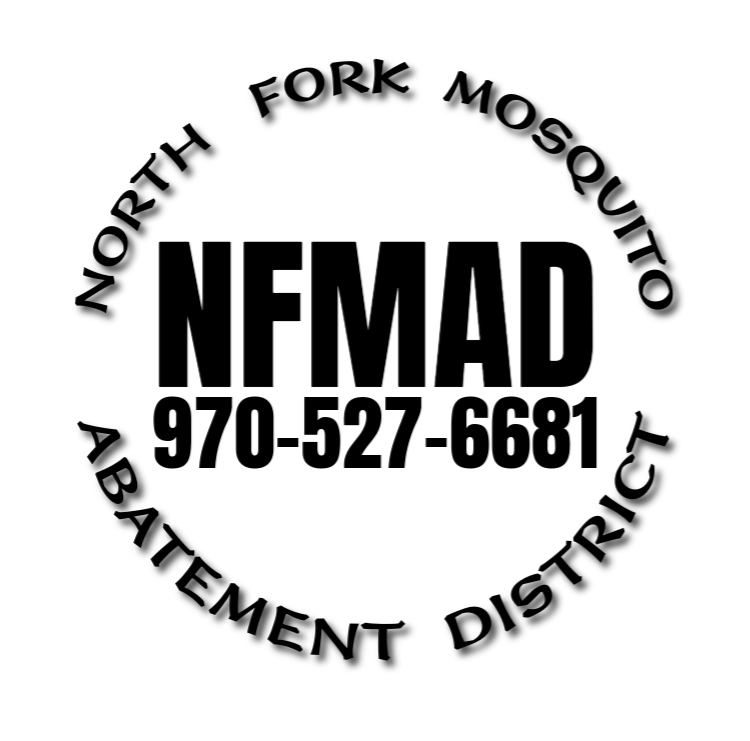Special District
The Special District Act constitutes Article 1 of Title 32 of the Colorado Revised Statues (C.R.S), which is the general source of most of the statutory authorization, as well as limitations, upon the formation and operation of special districts.
Special Districts organized pursuant to Title 32 are political subdivisions of the State of Colorado organized for specific functions. As such, their activities are subject to strict statutory guidelines.

Inadequate tax bases and competing demands for existing tax dollars make it hard for cities and counties to provide all of the services their citizens desire. When residents or landowners want new or higher levels of existing services, they form special districts to pay for them.
North Fork Mosquito Abatement District is an independent special district, which means it is a type of local government that delivers specific services to citizens within its boundaries under the guidance of its own Board of Directors. Those 5 Board Members are elected in staggered four year terms, so that either two or three members of the Board come up for election every two years, May of odd-numbered years.
Special Districts, as units of local government, fill a vital role in providing fire and rescue services; water and wastewater treatment and delivery; park and recreation amenities; hospitals; libraries; and cemeteries in many of the communities within Colorado. There are currently 3661 such districts in the state. Districts, such as ours, are in existence today because taxpayers were willing to pay for public services they wanted and needed.
Advantages of Having a Special District
- Special districts can tailor services to citizen demand - Cities and counties must protect their residents’ health, safety, and welfare and thus, must provide many services, regardless of citizen demand. Special districts, however, only provide the services that the community desires.
- Special districts can link costs to benefits - General purpose local governments (cities and counties) levy general taxes to pay for public services. The services that taxpayers receive are not directly related to the amount of taxes they pay. In a special district, only those who benefit from district services pay for them.
- Special districts are responsive to their constituents - Because most special districts are geographically smaller and have fewer residents than counties and cities, they can be more responsive to their constituents. Small groups of citizens can be quite effective in influencing special districts’ decisions.
How Your Tax Amount is Figured
If you lived within the area that made up our original service boundary, a special election was passed in May 1981 by the voters in original Delta County Fire District #2, allowing for a Special Mosquito Control Tax. Since 1981, there has been 2 approved groups of constituents properties that were included into the NFMAD legal boundary.
The state officially certifies mills to be levied against the (Delta County) taxing entity's gross assessed valuation of the taxable properties. The ad valorem tax of .001802 cents of each property $1.00 for those in our district is delineated for use by the NFMAD.
Download the guide to Special Districts below
2024 Guide to Special Districts.pdf